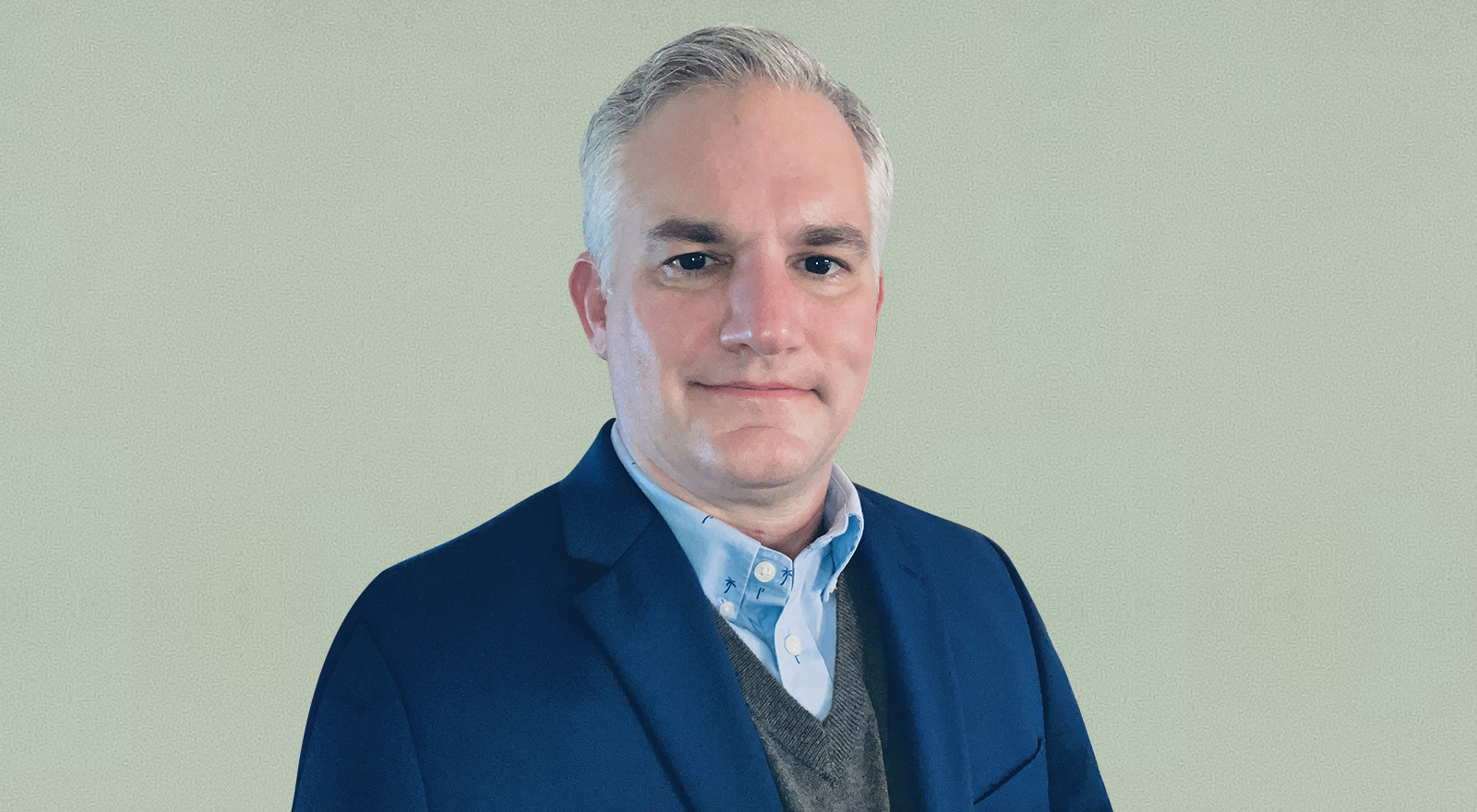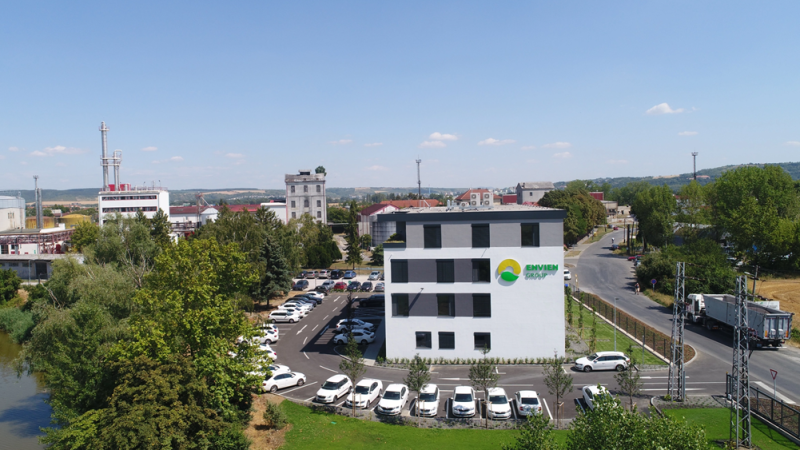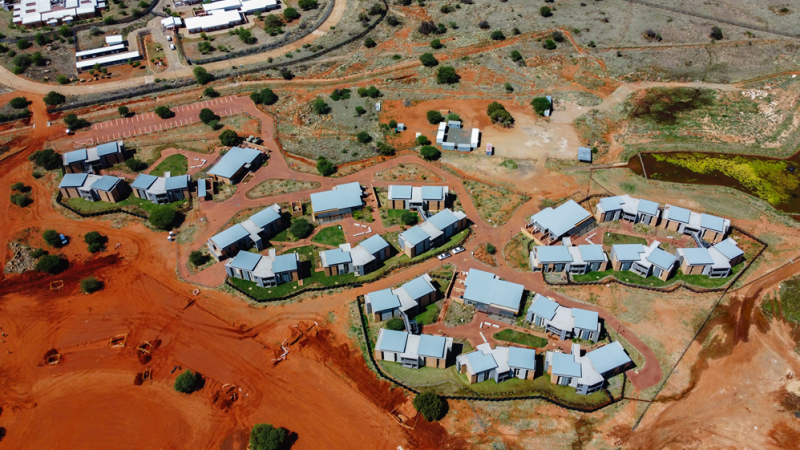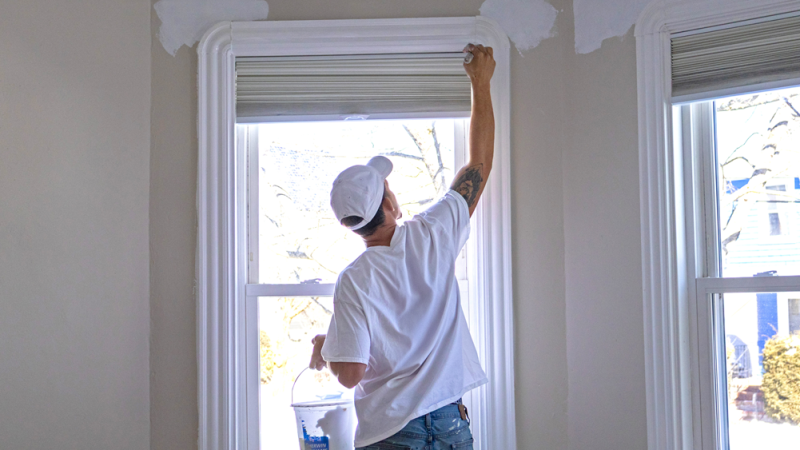John Gulius is closely attuned to the seasons. In his work as a professional landscaper, he labors according to Mother Nature’s calendar. He knows when to seed, how long to cultivate, and when to expect results. But he is just as aware of changes in the business climate, and adept at forecasting new opportunities — with his company and in his career.
It was one such dramatic change that brought him from the West Coast to Greenville, South Carolina, and into a completely different field — literally. After six years working for a large investment advisory firm in Los Angeles, he applied for a position with the Greenville Parks Department, where he looked forward to days spent outdoors tending to park landscapes and sporting fields. Soon, the winds again shifted, and he realized the time was right to strike out on his own as an independent professional.
Today, he has loyal customers throughout the Greenville area who rely on his skills to keep lawns green, gardens colorful and fields abundant. Beyond his green thumb, clients also value his courteous and transparent approach to business, and the meticulous way he tackles each challenge. Recently, John Gulius shared some of his insights and experiences in an intriguing conversation, partially reprinted below.
Q: What made you want to change your career, community and life by exchanging a corporate job for the opportunities of entrepreneurship?
John Gulius: Any area of the outdoor world has always been a love of mine, and gardening and landscaping was always a summertime job, all the way from high school through college. The old saying is, find what you enjoy doing and you’ll never work again; and I kind of just went for it from that point of view to see if it was true, to see if I would enjoy it as a full-time job as much as I did as a summertime job.
Since I had a pretty good knowledge base, the transition was a lot easier than I thought it would be. I made the plunge and went for it.
Q: In your corporate position, you worked extensively in sales management. What lessons that you learned in that role have helped you make your new business a success?
John Gulius: Learning different strategies on how to talk to people. There’s so many different philosophies out there from the very aggressive “we don’t take no for an answer” to the “treat people the way you want to be treated.” I tried the very aggressive way, and I didn’t like it. It’s not who I am. So I really just found that talking to people the way you want to be talked to is the best way to do business. Educate, selling knowledge and experience, rather than using very aggressive tactics.
Q: When it comes to growing your business, you’re a believer in a low-key, reputation-based approach. What are the downsides of an aggressive, hard-sell marketing strategy?
John Gulius: I don’t think there’s anyone immune to word getting out of how you do business. People talk and people have the Internet. There’s a lot of ways for the word to get out on what kind of practices you use. So if you’re going to be a very aggressive hard-selling person, then you’re going to become known as just that, and you’re not going to have the reputation of integrity that you wish you had. You’re going to be known as somebody who’s just out to get the sale and then it ends there.
Q: What are some of the biggest challenges you’ve encountered in running your own landscaping company?
John Gulius: I drive around all the time and I see new company trucks almost every day that almost certainly didn’t exist last season. Everybody’s trying to get in on the same kind of industry, and I see all these names on trucks, nice paint jobs and nice logos, but I don’t know them and I don’t think anybody else does. So the biggest challenge is becoming known as the industry leader; becoming known and having that reputation that answers the question: Is this the person you want working for you?
Q: Is there ever a point where you give up on a lawn or landscape?
John Gulius: I’ll take on any project. It could be 90 percent dirt and almost no grass and I’ll take it on. But sometimes I haven’t been able to start because the client doesn’t have a realistic expectation, and that’s something we talk about from the beginning. This has happened, where I’ve been called out for a job and the lawn is not really a lawn. It’s all leaves and dirt. They told me that their daughter was getting married in April, and then they wanted me to magically make their lawn look like a country club in four weeks. And I told them it’s going to take a whole season. It’s going to be 12 months.
Q: What are your favorite plants to grow?
John Gulius: I primarily do the turf, so my favorite grass is a blue fescue. That’s my absolute favorite grass. It’s also the hardest to maintain. When it comes to favorite plants, the Rhododendron is my all-time favorite plant to grow.
Q: What are some of the ways you’ve been able to substitute natural methods for chemical pesticides, herbicides and fertilizer?
John Gulius: Tobacco and nicotine making an amazing non-chemical pesticide. It kills pests just as easily, or just as well as the most aggressive chemical. You can take a bunch of cigars, smoosh and crunch them up and let them soak in water for a couple days. Put it in a spray bottle. You’ve got the best pesticide you can imagine, with zero effects on people and plants.
And with fertilizers, seaweed will produce the best nitrogen potassium and phosphate levels completely naturally, as good as anything that you can buy and put down with a spreader. And the upside of that is if you make a mistake with chemical fertilizers, you’re going to burn a lawn to death. If you overdo it with seaweed extract, you’re not going to ever know. But you’re not going to kill someone’s lawn.
Q: What are the five most important things that people don’t know about plants, but should?
John Gulius: One: There are organic non-chemical methods out there that people should start looking at more. Two: Things take time. Don’t expect anything to happen in one springtime season.
Three: Plan for the space that you have. I’ve seen people get completely overrun with plants because they go to the nursery and buy a lot of seedlings. And the next thing you know, they’ve lost all form and structure because they wanted too much. I get that you want to fall in love with all these types of plants, but your space is limited.
Four: Know your climate. If you’re in Florida don’t try to grow a lilac that is native to New York State, because it’s probably going to get burned out and die, and you’re not going to be happy. Do some research on what’s native to your area.
And five: Try to incorporate some plants that will help your local wildlife: plants for butterflies, plants for the poor bumblebees that are getting wiped out, plants for some birds. There’s a lot of beautiful plants that do a lot of amazing things for your local birds and insects and bumblebees that are overlooked, so try to do a little good for your environment when choosing your plants.





